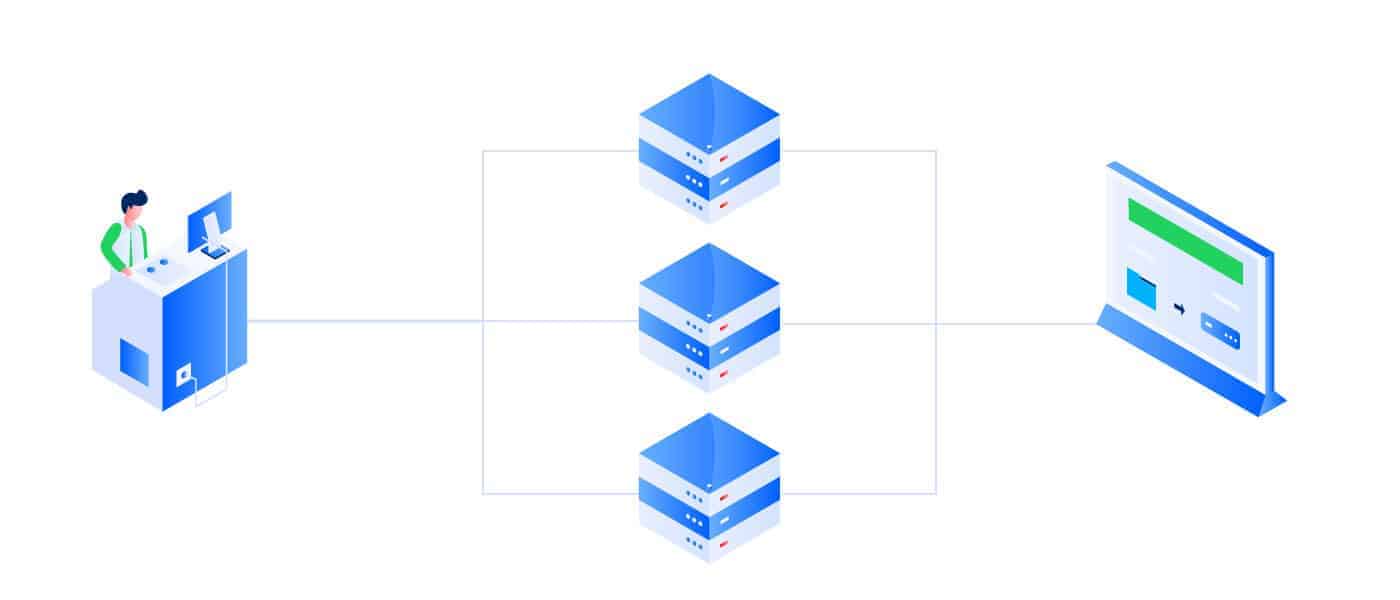The Best Time of Year to Install Solar Panels

When thinking about installing solar panels, timing plays a crucial role. The best time to install solar panels depends on various factors, including weather conditions, installation costs, and available incentives. A professional team to set it up can ensure everything is done correctly and efficiently. Understanding these factors can help you make an informed decision and maximize the benefits of your solar panel investment. In this article, we will explore the best time of year to install solar panels and what to consider before making your decision.
Factors to Consider When Choosing Installation Time
Weather Conditions
Weather can significantly impact the installation process. Rain, snow, or extreme temperatures can delay installation. The best weather for installing solar panels is typically clear and dry. Choosing a time with favorable weather conditions ensures a smoother and faster installation process, allowing the professional team to work efficiently and safely without interruptions.
Solar Panel Efficiency
The efficiency of solar panels depends on sunlight intensity, which varies throughout the year. During summer, solar panels can generate more electricity due to longer daylight hours. However, spring and fall can also be great times because of moderate temperatures, which prevent panels from overheating and maintain efficiency. Understanding seasonal effects on solar panel efficiency helps in planning the optimal installation time.
Installation Costs
Installation costs can vary depending on the season. During peak seasons, like summer, demand for solar panels is higher, which can drive up costs. Conversely, off-peak seasons may offer better deals as installers are looking for more business. Considering the supply and demand factors can help you find a cost-effective time to install your solar panels without compromising on quality.
Seasonal Analysis for Solar Panel Installation
Spring
Spring is an excellent time for installing solar panels due to moderate weather conditions. The longer daylight hours of spring increase the potential for solar energy production. However, spring rains can sometimes delay the installation process. Planning around the local weather forecast can help mitigate these challenges and ensure a successful installation.
Summer
Summer offers maximum sunlight, making it ideal for high initial energy production. This can lead to immediate savings on your energy bills. However, the high demand for installations can increase costs, and the extreme heat may pose challenges for installation crews. It’s essential to weigh these factors before deciding to install solar panels in summer.
Fall
Fall is often considered the best time to install solar panels. The cooler temperatures are ideal for installation, and there are still plenty of daylight hours for optimal solar panel performance. However, the approaching winter can pose risks if the installation is delayed too late into the season. Early fall is usually the sweet spot for installations.
Winter
While winter might seem like a challenging time, it has its benefits. Installers often have more availability, leading to potential cost savings. Winter installations prepare your solar panels to take full advantage of the upcoming spring and summer sunlight. However, shorter daylight hours and harsh weather conditions can delay the installation and affect initial energy production.
Regional Considerations
Climate Zones
Different climate zones can impact the best time to install solar panels. For example, tropical zones have consistent sunlight year-round, making installation timing less critical. In contrast, temperate and arid zones may require more careful planning. Understanding your local climate zone helps in determining the most suitable time for installation to ensure maximum efficiency.
Local Weather Patterns
Knowing local weather patterns is crucial for planning the installation of solar panels. Some regions experience seasonal storms or prolonged rainy periods that can hinder the installation process. Checking historical weather data and forecasts can help you choose a time when the weather is most favorable, ensuring a smooth and timely installation.
State Incentives and Rebates
State-specific incentives and rebates can influence the timing of your solar panel installation. Some states offer rebates and tax credits that are only available during certain times of the year. Researching and taking advantage of these incentives can significantly reduce the overall cost of your solar panel system, making it more affordable.
Practical Tips for Planning Your Installation
Pre-Installation Preparation
Before choosing an installation date, assess your property for suitability, secure necessary permits, and research local incentives. Proper preparation ensures a smooth installation process and maximizes the efficiency of your solar panels. Consulting with professionals can help you navigate these steps effectively.
Choosing the Right Installer
Selecting a reliable installer is crucial. Look for experienced, certified installers with positive customer reviews. A good installer will provide quality service, answer your questions, and ensure your solar panels are installed correctly. Comparing quotes and services from multiple installers can help you make an informed decision.
Scheduling and Timing
Plan your installation to avoid peak seasons if possible. Consider local weather patterns and installer availability. Scheduling your installation during off-peak times can lead to cost savings and quicker service. Flexibility and proactive planning are key to a successful solar panel installation.
Wrapping Up
In conclusion, the best time to install solar panels depends on various factors, including weather, efficiency, costs, and regional considerations. Spring and fall are generally ideal due to moderate weather and longer daylight hours. However, summer and winter also have their advantages, such as high sunlight availability and potential cost savings, respectively. It’s important to consider local climate, state incentives, and installer availability when planning your installation. By doing thorough research and consulting with professionals, you can determine the optimal time to install your solar panels, ensuring maximum efficiency and financial benefits. Solar panels are a significant investment, and timing your installation right can make a substantial difference in performance and savings.









